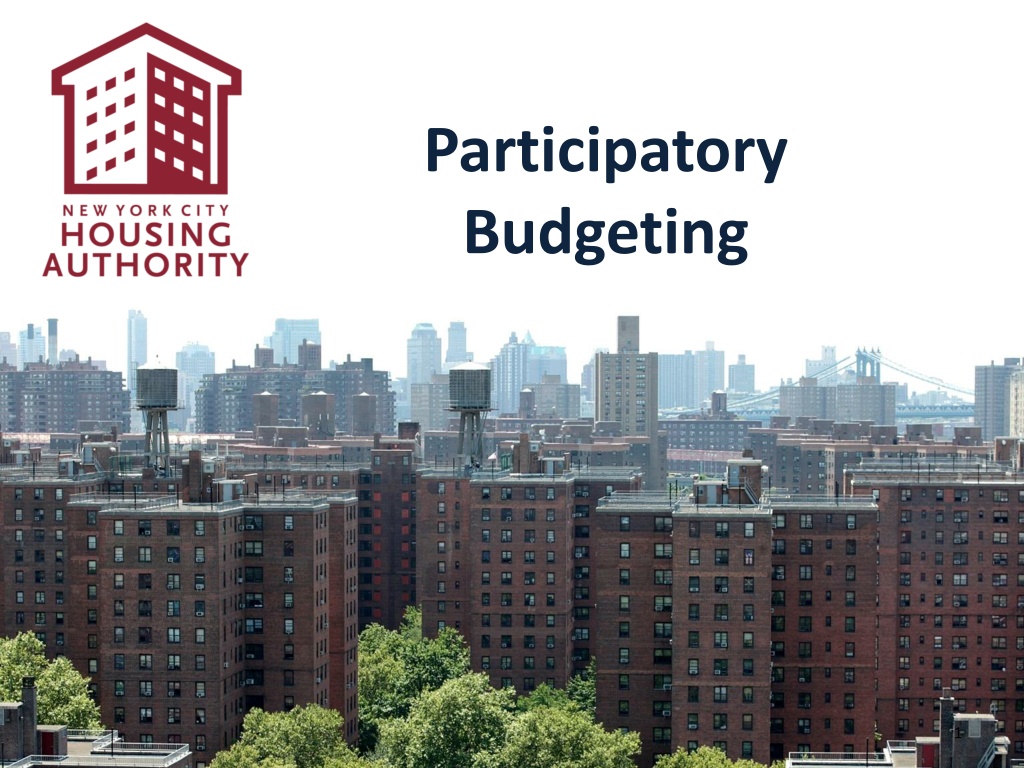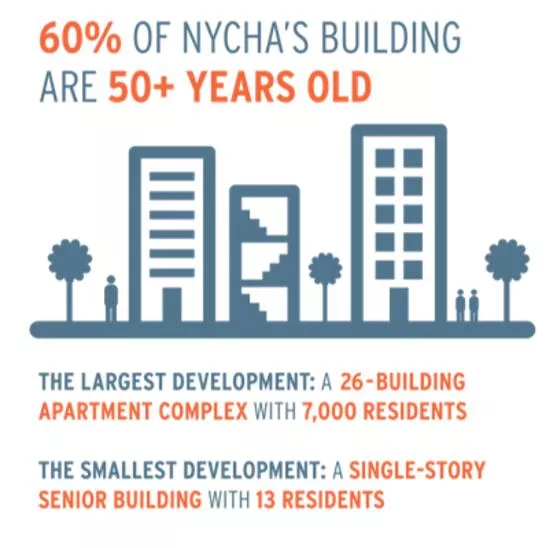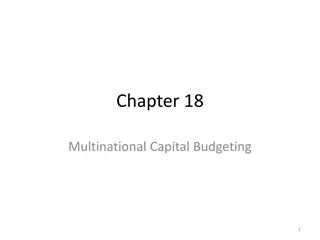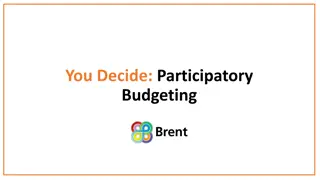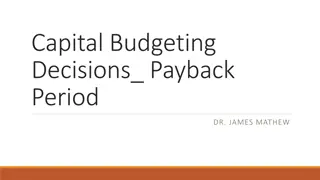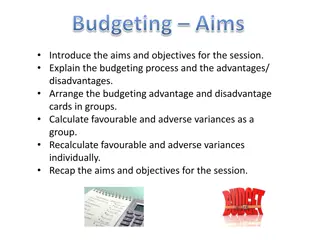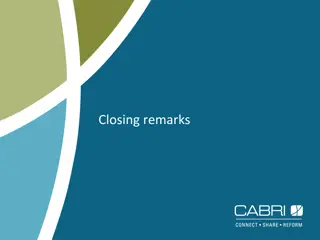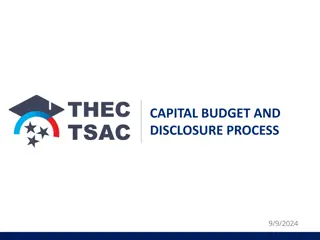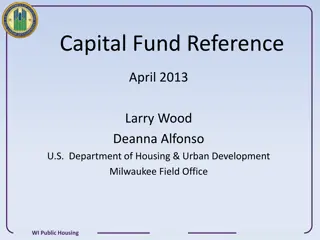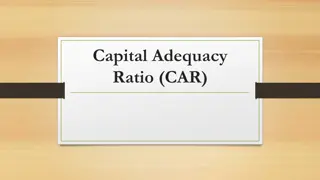Improving Public Housing through Participatory Budgeting and Capital Funding
Explore the challenges faced by NYCHA, the largest public housing authority in the US, such as decreased operating funds and city capital-funded project requirements. Learn the distinction between capital and operational funding, eligibility criteria for capital projects, and recommended improvement projects like basketball court rehabilitation, playground renovations, and security camera systems.
Download Presentation

Please find below an Image/Link to download the presentation.
The content on the website is provided AS IS for your information and personal use only. It may not be sold, licensed, or shared on other websites without obtaining consent from the author. Download presentation by click this link. If you encounter any issues during the download, it is possible that the publisher has removed the file from their server.
E N D
Presentation Transcript
Participatory Budgeting 1
NYCHA Overview NYCHA is the largest public housing authority in the United States 176,000+ public housing units across 300+ developments (~8% of NYC s rental stock) NYCHA has more residents than cities like Pittsburgh, Tampa and Cleveland 2
City Capital-Funded Project Requirements The NYC Comptroller s Office is responsible for setting policy regarding eligibility requirements for City Capital-funded projects. NYCHA can only agree to construct projects that OMB will consider capitally eligible, as per the Comptroller s policies. The NYC Office of Management and Budget is responsible for interpreting these requirements. 4
Capital vs. Operational Funding Capital Funding long-lasting projects, permanent in nature Funded with bonds which means debt service will be paid over time. Project must last as long as the City is paying the debt service. Operational/ Expense Funding short-term repairs, staffing and programming Funded with tax payer dollars and spent the same year the taxes are collected. 5
Capital Eligibility Examples of eligibility criteria: In general, funds must be used for a physical improvement/asset with a value of $35,000 or more and a useful life of at least five years. Construction or rehabilitation of grounds, playgrounds, security camera installations or expansions, lighting upgrades Examples of ineligible types of projects: Routine maintenance and repairs Staffing or programming Individual pieces of furniture or equipment 6
Recommended Projects (Minimum Funding Recommended) Basketball Court Rehab ($500,000) Playground Rehabilitations ($500,000) New pavement and surfacing Play equipment and safety surfaces Backboard and hoop Sprinklers and drainage Benches and bleachers New pavement, plantings, and fencing Security Camera System ($500,000) Ground Beautifications ($500,000) Security operations center (SOC), cameras, infrastructure for cameras New pavement, lighting upgrade, benches, tables, trash receptacles and plantings All projects will be designed to budget 7
Projects that are not Possible/ Need a lot of Funding Not capitally eligible: Loose furniture for community centers Computers Painting or replacing old tiles Replace doors or the hardware on doors Appliances Security guards or caretakers Very expensive: Community center renovations Elevators Boilers 8
Community Centers Most of our centers are run by DYCD or DFTA NYCHA can be funded directly for community center room renovations, however, equipment such as computers must be allocated to the agency that runs the center Community Center renovations are very expensive 9
Questions Please email intergov@nycha.nyc.gov or call (212) 306-8100 with additional questions. 10
